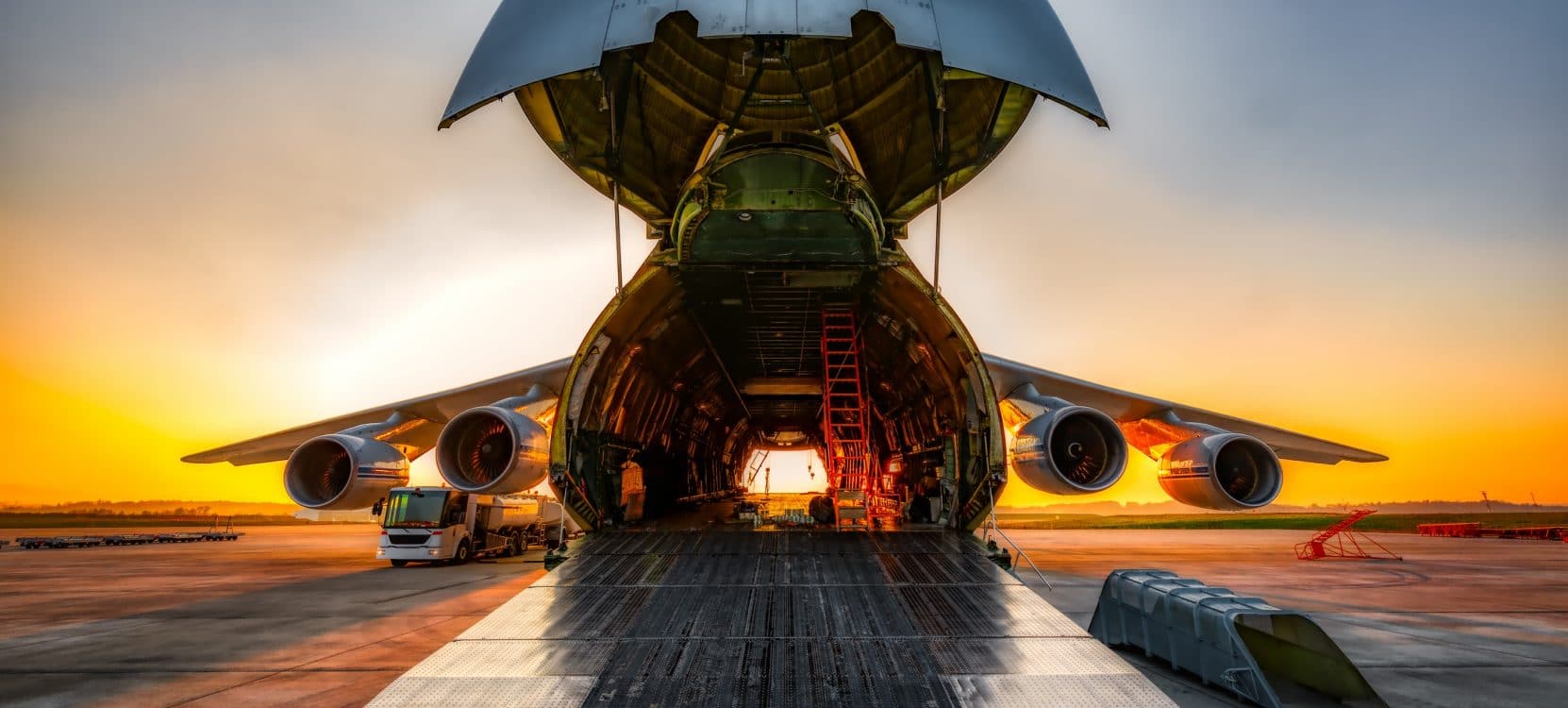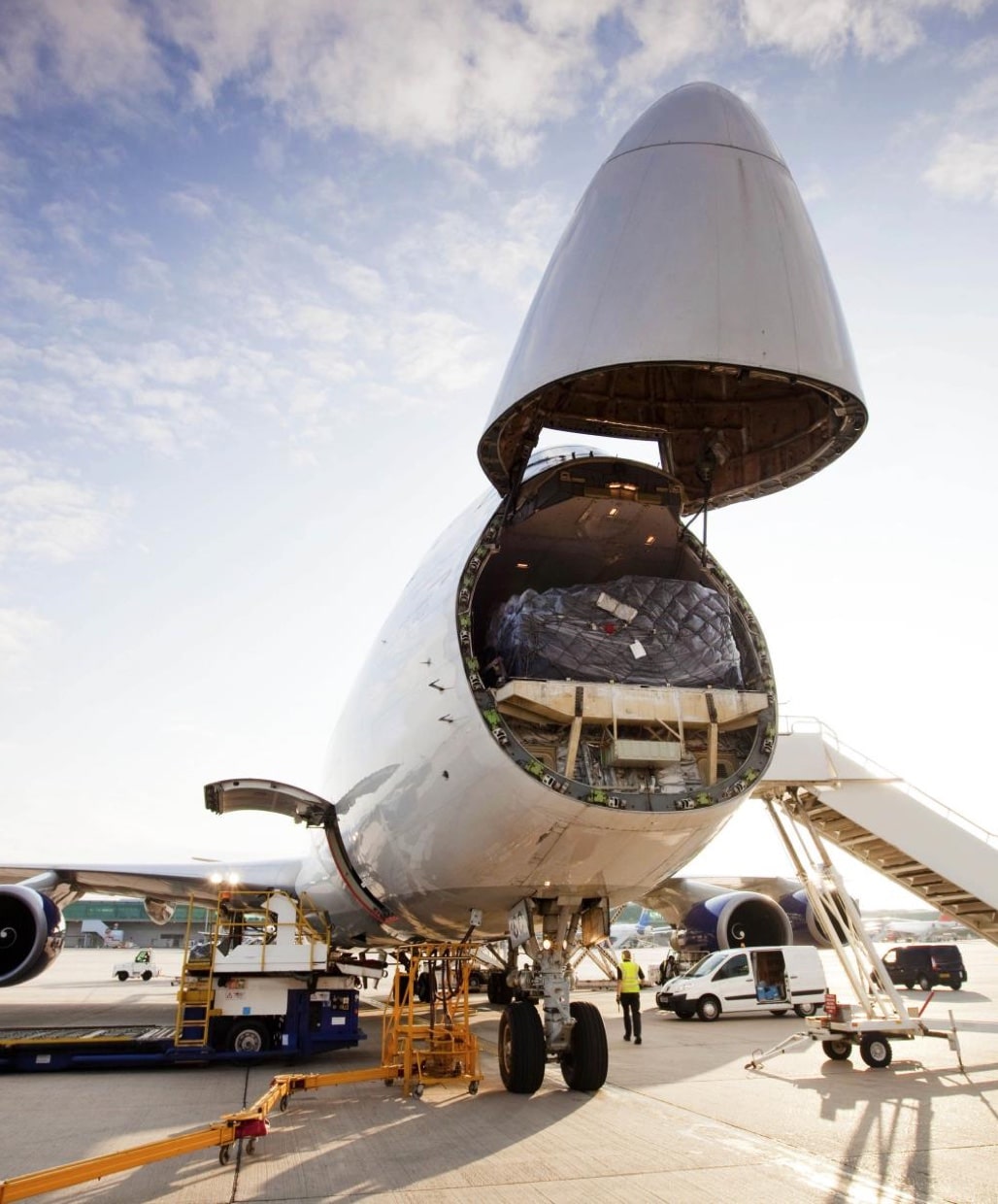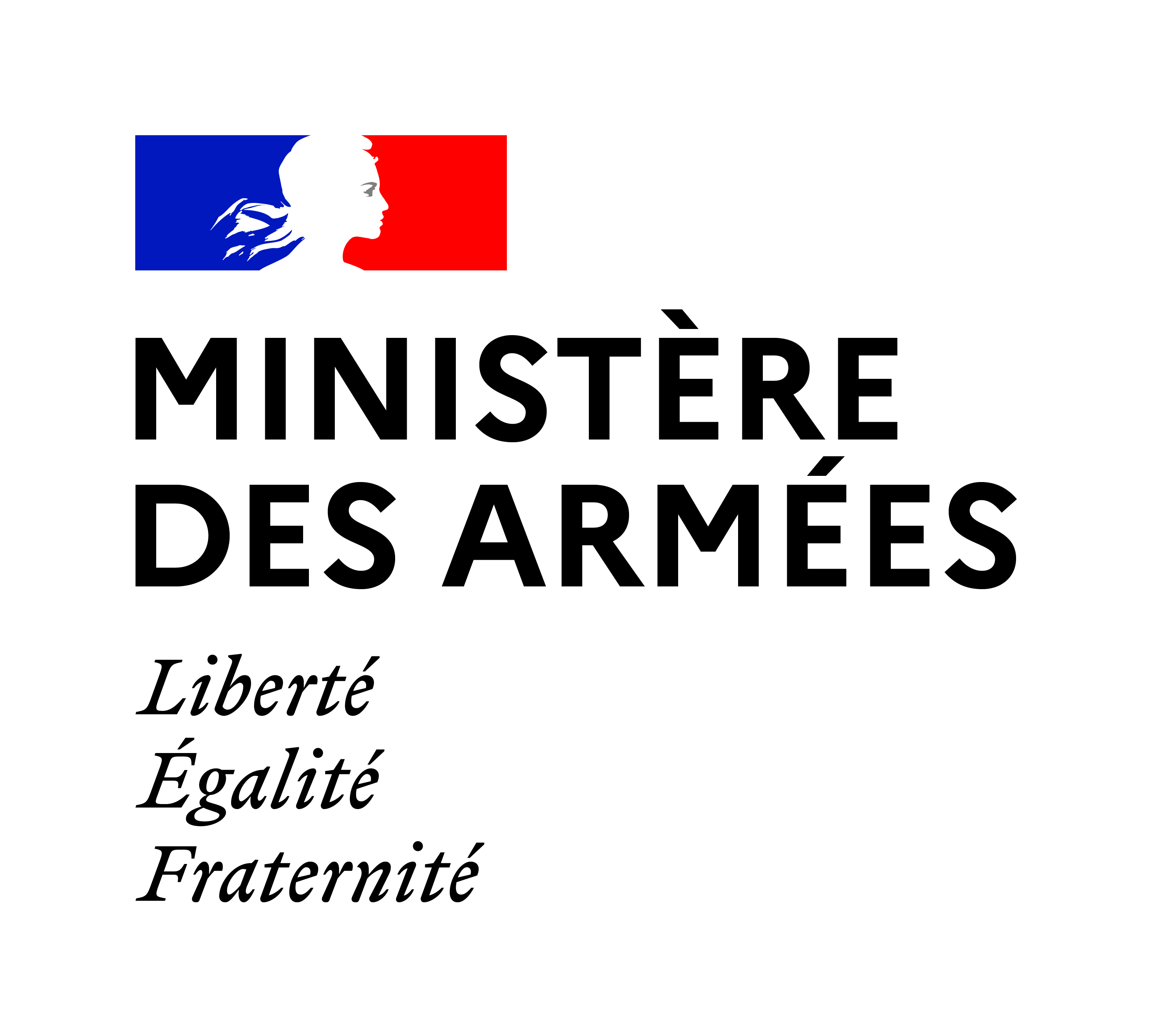
Air charter is a priceless option for emergency transport of medical , humanitarian equipment, tools , spare parts , as well as food supplies, perishable goods, valuable items and animals. It could more specifically be a guarantee for efficient supply chains.
For any urgent freight or oversized goods , we will accompany you throughout all situations and specifically during the most exceptional ones.
Due to strong experience we have gained in urgent air chartering and special flights AVICO will offer it’s expertise for all air freight requirements.
Our teams are fully committed to finding the most relevant options at the best prices, will subsequently coordinate the transport with your teams and those of your freight forwarders and will also ensure proper preparation of the transport while considering all specific requirements with the right measures and means in order to avoid mishaps.

- Urgent freight: AVICO achieves more than 30% of its activity in last-minute chartering
- Oversized goods: Vehicles, military equipment, aeronautical parts, etc.
- Humanitarian aid: Short delay delivery of equipment to remote areas
- Live animals: Horses, day-old chicks, fish, …
- Recovery task and breakdown of the supply chains : At any time, missing parts or tools can be delivered in case of emergency
Our expertise in cargo is recognized by actors where sensitivity and complexity of operations require the highest level of skills
What is a cargo aircraft ?
What are the advantages of cargo air transport?
A cargo aircraft, or freighter, is an aircraft specially designed (or converted from a passenger version) to fly freight and equipment.
Compared to a passenger aircraft, a freighter usually offers larger doors to load freight, and doesn’t offer passenger amenities.
Most of these aircraft are passengers one converted in cargo, such as the Boeing 747F, but some others have been designed as cargo aircraft directly, such as the Airbus A300-600ST as known as the Beluga, providing even more specific features.
What percentage of cargo is transported by air?
Air freight only represents roughly 1 percent of the overall freight movements by weight, but for 35% of the total value!
The explanation behind this gap relies on air cargo added value since the demand for air cargo is primarily constrained by the costs, as air cargo services can be up to five times the cost of transporting the goods by road, and up to 16 times the cost of sea transport.
Yet this is the quickest solutions and the safest way to handle “sensitive” (and valuable) freight, such as medicines, flowers, perishable goods or live animals such as young chickens or purebred horses.





